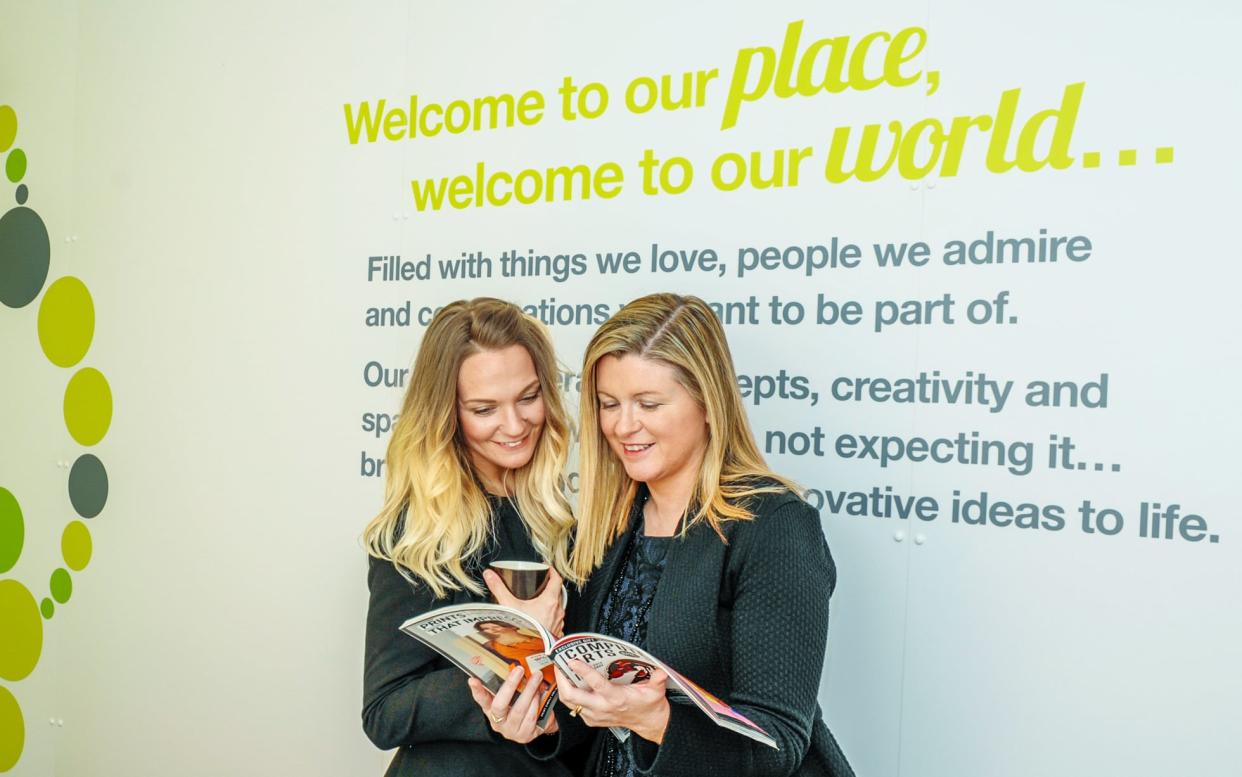Five tried-and-tested ways SME owners make big decisions

Indecision can be just as deadly as too much haste, so how do you strike a balance? These business owners reveal how they make a call.
Every small and medium-sized enterprise (SME) owner will have to make a decision that has a big impact on their venture at some point.
It could be anything from a funding decision that means relinquishing control of the company, to the launch of a new product that fundamentally changes the business model.
Whatever it is, the decision-making process can feel overwhelming and paralysing with so much at stake. Here, five SME owners share how they go about making judgement calls.
Less haste, more speed
For Bethany Eaton, founder of coconut milk yogurt company, CO YO, her big decision came right at the start. “Before we even launched, I had to decide whether to start the business at all,” she explains.
Join the community | Share your small business story
“There wasn’t anything like our product in the market and it felt risky to predict what consumer interest would be like, so we decided to trust our instincts and go for it.”
While the first move might have been a hunch, the company then started using a timeline to break all decisions into three stages: research, consultation and conclusion. This helps the business prepare for many eventualities, and allows the team to move relatively quickly, and with confidence.
“While it’s important not to be rash, it’s essential that you don’t let indecision cripple your business,” adds Ms Eaton. “In some instances, inertia can be deadlier than making a wrong decision, so don’t fall into the trap of over-analysing the situation.” Well-considered, speedy decisions work best for this dairy-free maverick.
Sleep on it
In contrast, when creative agency, WATERS, makes big decisions, it applies the brakes.
“The benefits of sleeping on decisions and looking at them with fresh eyes is not to be underestimated,” says company founder, Rachael Wheatley. "Emotional intelligence is extremely important and if it doesn’t feel right, it probably isn’t the right decision. However, once we’ve made our decision, that’s it; we live with it and move on.”
Dr Mark Batey, senior lecturer in organisational psychology at the Alliance Manchester Business School, supports the idea of having a period of reflection.
“The best decisions are made when you understand your own thought processes and incubate your options before making a leap,” he says. “That way, your brain starts to make rich connections between different ideas, which ultimately lead to original solutions.”
Neutral and natural settings
When Soundcastle, a community music facilitator, makes strategic decisions, it makes sure all four directors are present and in a positive, distraction-free environment.
This has included making decisions while going for a long walk, sitting on a cliff or relaxing outside after yoga. The natural environment matches their free-flow approach to discussing the issue in hand.
“At first, we don't limit our thinking at all, which allows us time to dream and think big,” explains one director, Rachael Perrin. “Gradually, we explore potential within the opportunity and consider it from all angles, ensuring every voice is heard.”
The equal, dynamic and open conversation means that all decisions have been through an honest, rigorous and creative thought-process – and all the directors feel a part of the outcome.
Money talks
While time and environment are of utmost importance, for some decision-makers, risk and opportunities lead the way. At workplace equipment supplier, PARRS, business decisions are always considered using a simple cost-benefit analysis.
“Cost can come in many different forms – financial, social, environmental and ethical,” explains Richard Scholes, managing director. “It’s critical that any decision positively impacts one or more of these factors without impacting negatively on any of the others.”
Even when decisions have to be made quickly, the team tries to work out what will have the most beneficial outcome financially, ethically or otherwise.
“Most decisions are grey – they’re rarely black and white. Our process beats gut feeling, which we used in the past. We now consider the impact of all decisions, whatever the speed we move,” concludes Mr Scholes.
Make sure you all care
Whatever the decision being made, it’s important to know that those helping you choose care about the business’s future. Alex Packham, chief executive of ContentCal, suggests that SMEs should seek advice and have at least one strategic adviser in their business who has a stake in it.
“Running a business is all-consuming and, for many, it becomes as important to their life as their family, so don’t pressure yourself into doing it alone,” he says. “Consult advisers and bring people in on the journey so that you will go faster, be less stressed and have a lot more fun along the way.”

 Yahoo News
Yahoo News 
